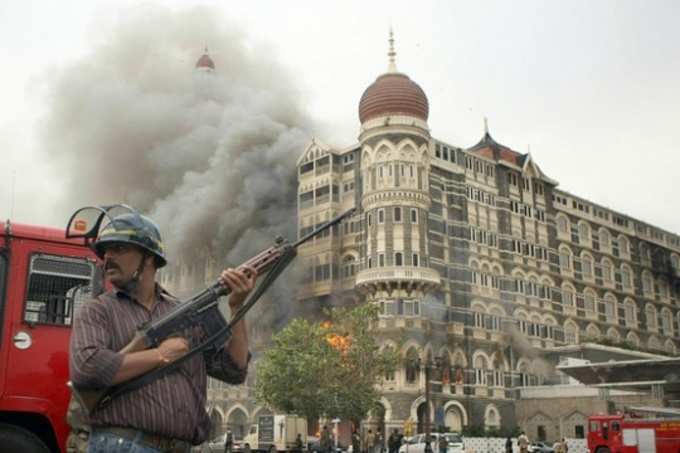 In the coming days, data will be some kind of a Tsunami. It will be everywhere, available on any topic almost round the clock and open to be deciphered. Whether it is at the traffic lights, or on streets, or in the ravines of some terror-hatching nations; technology will take over normal lives and ensure the data is available on a regular basis.
In the coming days, data will be some kind of a Tsunami. It will be everywhere, available on any topic almost round the clock and open to be deciphered. Whether it is at the traffic lights, or on streets, or in the ravines of some terror-hatching nations; technology will take over normal lives and ensure the data is available on a regular basis.But, then the champions of privacy will always have something against this. And mind you, privacy is really a luxury when nations increasingly combat deadly terrorism in a mammoth form. Take for instance the
Somewhere towards the end of last century, experts had indicated that the future wars would be fought aided with technology, and deadly weapons. Rightly so, ever since technology began to assume central space in our lives, intelligence that leads into investigation, has been working on technology platforms to understand the direction of terror-radar.
Technology has a prominent role in everything that makes and breaks a society. State spends the money paid in the form of tax by public to send satellites into space, but terror uses the same satellite to further its motives. Platform remains the same, yet the objectives are very different.
This is bound to get even murkier with technology racing at the speed of light or even more. The decade ahead will see us transfer data at a speed that seemed to be a fond imagination of some geek. Till 2013, we operated at 4 zettabytes of data. By the end of this decade, we would be at home with 44 zettabytes of data.
But truly, what will that mean to the world that’s getting into the clutches of terror? How do countries deal with terror while reasonably arguing and protecting the privacy rights of citizens as well?
Why does the question of uncoding the terror become significant in the face of technology advancements? Get this. When terrorists attacked prominent places in Mumbai in November 2008, intelligence agencies in Britain, India and few other nations suddenly seemed to have got the complete picture right. Because, till then, though bits and pieces of information based on the browsing pattern of the
It meant though information was available, it wasn’t interpreted well enough to understand and plan precautions to avert it. In other words, it was so heavily coded and confusing that despite being there, the information was as good as redundant.
In a world that needs collective resolve to combat terrorism, it is now important that nations come together and share information that can save lives of hundreds of civilians.
In the past, when former NSA agent
Internet companies in UK have come together to tackle extremist material online after the necessary negotiations were wrapped up with high offices on Downing Street.
Major Internet service providers such as BT, Virgin, Sky and Talk Talk, have committed to hosting a button online to reporting anything being classified as ‘terror’ material online, something similar to reporting on material that can lead to child sexual abuse.
Governments are keen to ensure Internet does not become a ‘free for all’ space that would work against the state and its interests towards its people. In the future, as speed increases, we will witness more filters that can make our lives safer.
Image: Indiatimes